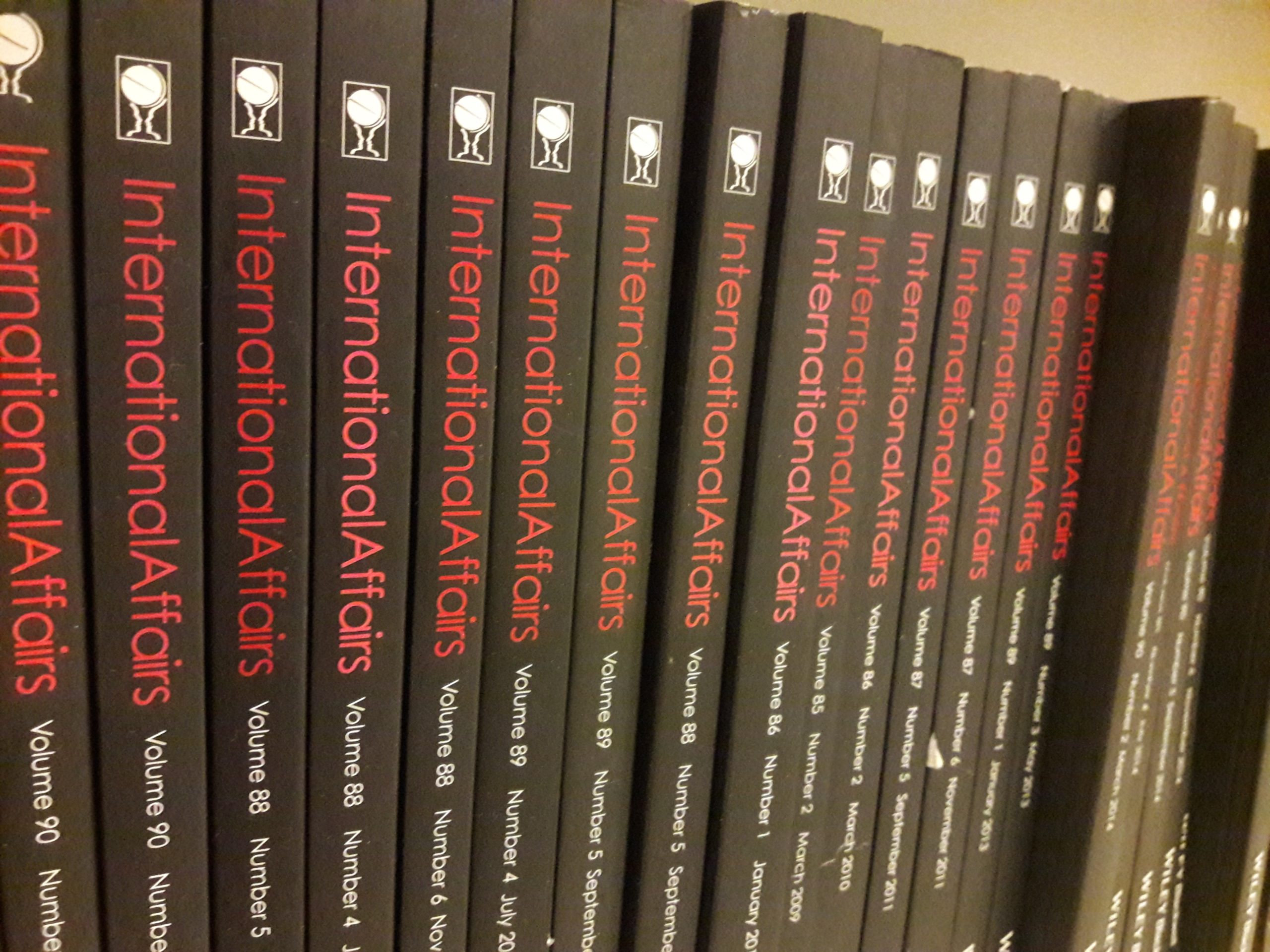
Power and diplomacy in the post-liberal cyberspace

It is becoming widely accepted that we have transitioned, or are now transitioning, from an international liberal order to a different reality. Whether that reality is different solely in terms of power dynamics, or also in terms of values and institutions, is up for discussion. The growing body of literature on ‘post-liberalism’ is used as an entry-point for this article, which aims to explore how the post-liberal transition applies to cyberspace. We explore how power dynamics are evolving in cyberspace, as well as how established norms, values and institutions are contested.
The article then looks at the emergence of cyber diplomacy as a consequence and response to the post-liberal transition. As it will be argued, if cyberspace was a creation of the liberal order, cyber-diplomacy is a post-liberal world practice. What role it plays in shaping a new order or building bridges between different political visions, and what it means for the future of cyberspace, will constitute key points of discussion.t.
This article was published in the academic journal International Affairs 96:3 (May 2020) and can be accessed here [behind paywall]
(Photo credit: Thomas Renard)